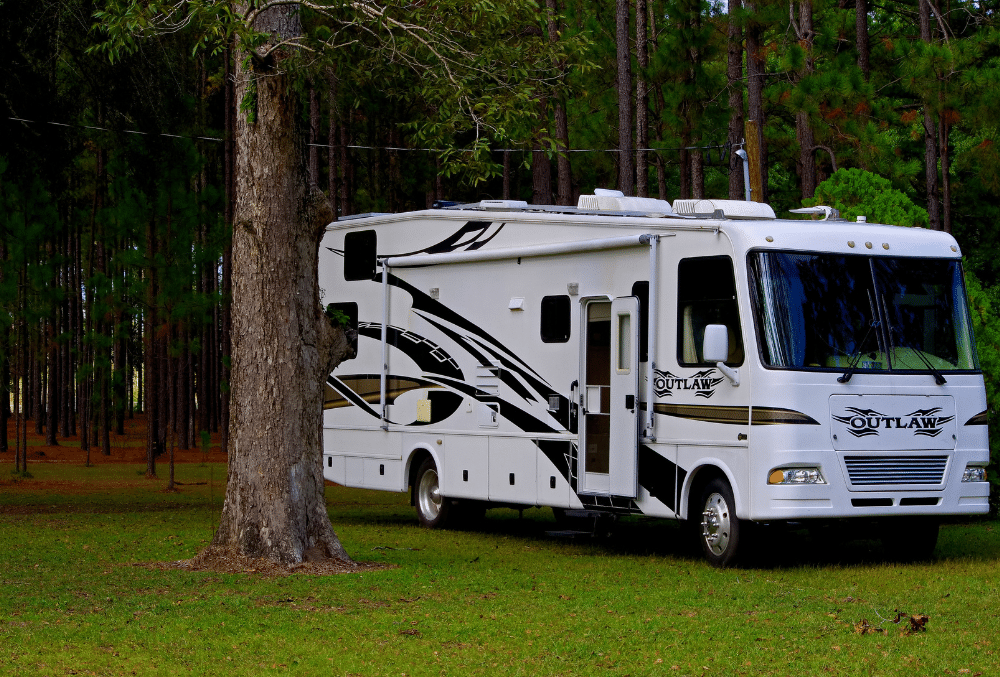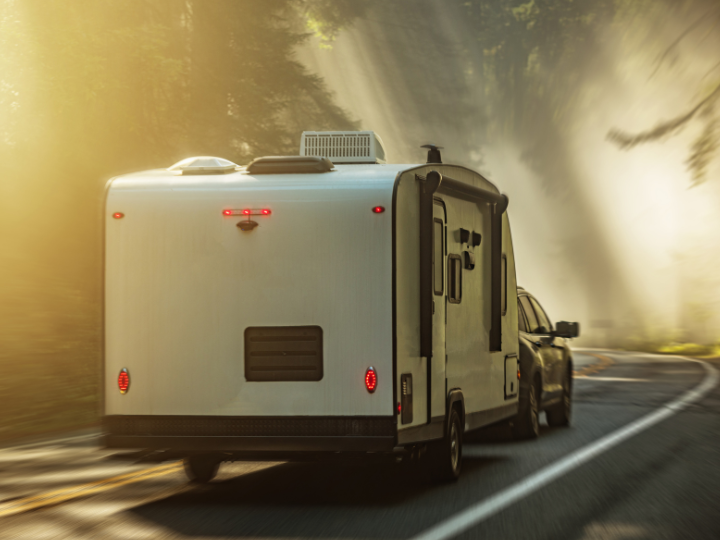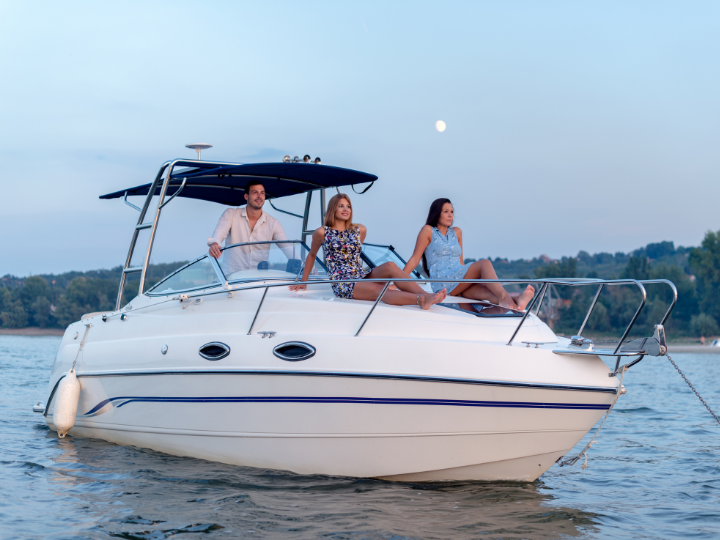Coverage for the Adventurer: Guide to RV Insurance
August 15, 2022
There is nothing like hitting the open road while on an adventure with the family. It takes your journey to another level when you add an RV to the mix. You can easily take a short weekend trip to the lake, or even travel to visit family in another province. However, whether it is a short excursion or a long journey, being an RV owner carries unique insurance responsibilities. This can include storage fees when it is not in use, or other expenses if you choose to live in it long term. It does not matter if you have a Class A, B, or C type vehicle, coverage for the adventurer is mandated. Through this guide, we will help you understand which type of RV insurance you will need to protect you and your investment.
Type of RV You Drive
The first thing to understand is there are different types of recreational vehicles. They are marked by classes and begin with smaller towable versions. These can begin with smaller truck campers and increase in size up to 40ft or longer. Then you have the cab under Class A, B, and C styles. Some smaller towable types may be covered under a traditional auto policy, but most require separate coverage. This is where this guide to RV insurance comes in handy. RV insurance always begins with the type of vehicle. Then it breaks down to how often you use your vehicle, and the risks you place upon it.
Types of Insurance for Your RV
When you drive an RV, just like an automobile, you are required to carry the minimum levels of insurance coverage. Keep in mind the minimum levels will vary by the size and cost of your recreational vehicle. The two primary coverages all drivers are required to carry are:
Bodily Injury – Coverage for medical expenses to the other party in the event of an accident where you are at fault.
Property Damage – Coverage for property damage to another property or object.
If you are using a trailer, this type of incident can often be covered under your auto insurance policy. However, a trailer is only covered as long as it is attached to the vehicle towing it. Once detached, it no longer carries any type of physical damage coverage.
Where You Will Drive Your RV
Risk increases the more time you spend out on the open road. The main thing a driver should understand about driving an RV is it is not like driving an automobile. Before you get behind the wheel, you should have some level of training. This is especially true with fifth wheels and when backing up. Not knowing how to operate your vehicle in reverse can become costly. With their size, a simple wrong turn of the wheel when backing into a spot at a campsite, your home, or storage location can cause serious damage.
Driving is also different. Be wary of the following distance in front of you and those behind you. If you have a larger trailer, always assume someone is behind you. The longer and wider your vehicle is, the more blind spots it will have. Always drive with the consideration that an unaware driver is in one of them. These blind spots exist behind your driver and passenger doors, and directly behind you. Do not make sudden lane changes or stops. Being aware will keep you safe and incident free.
How You Will Use Your RV
There are many ways individuals and families use recreational vehicles. Some are weekend warriors who only travel on special trips a couple of times a year, while others take on summer excursions, or some maintain residence in their RV. The good news is there is a type of RV insurance for every kind of enthusiast:
Campsite liability is for those who only need temporary insurance because they use their RV on occasion. The rest of the year, they keep it stored. This type of coverage would pay for property damage, should there be any incident at the location where you travel.
Full-time RV liability is for those who may be living in their recreational vehicles or staying in them long term. Because the owner’s personal belongings are within the residence, this acts like a homeowner’s policy.
Emergency expense coverage can be an added benefit in the event of your RV becoming uninhabitable while repairs are being made.
Where You Will Store Your RV
Just like auto and homeowners’ insurance, RV insurance is a policy you must always carry. Even if you have an RV and drive it for one month out of the year, then store it for the other 11 months, you must carry it. However, there are options to suspend certain portions of your RV insurance policy, like collision coverage. For instance, when it is parked, you are not likely to crash into something. It is an unneeded portion of your policy, so you have the option to suspend this part of the policy.
In addition, unless you have an oversized garage or a larger property, chances are you will be using a storage facility for parking your RV. Keeping some level of insurance is wise because you never know what could happen. This is where the aforementioned campsite liability comes into play.
Final Thoughts
When you own an RV, understanding the difference between standard auto insurance and RV insurance is important. It breaks down to how much you use your recreational vehicle, where you store it when you are not using it, and how much coverage you will require. Duliban Insurance Brokers works for you to obtain the best coverage that fits your unique situation while out on the road, on the campsite, or in storage. You can obtain RV insurance in just a few minutes by contacting an insurance professional who will review your situation and provide you with the best possible rate.











